There are many reasons your bunnies may be fighting. A rabbit may fight to show dominance. Biting and nipping are also mating behaviour. Paradoxically, rabbits may even fight as part of their bonding process. Bonded rabbits can fight, too. But how much is too much? And how can you get them to stop?
We all know that it’s best for a bunny to have a buddy. But the road to friendship isn’t always smooth. And even bonded rabbits can have their rough patches. Rabbit fighting looks frightening. And in truth, a real fight can be dangerous, for your rabbits and for you.
So, how do you decide when it’s gone too far? And how can you bring peace to your rabbitry?
Why Rabbits Fight
There are many reasons for rabbits fighting. But they tend to fall into two categories: fights between strangers and fights between friends.
Unbonded Rabbits Fighting
You can’t confine two pet rabbits who have never met in the same hutch or enclosure and expect them to get along. It can be even harder if you’re bringing home a new rabbit to an established pet.
Imagine coming home to your own house and finding a stranger there! What would you do?
Biting, chasing, and mounting are ways that rabbits hash out their relationship and decide who is going to be the Boss Bunny. This behavior can be part of bonding. And it can help your rabbits to get along together in the future.
To decrease the chances of actual fighting, however, you need to follow proper procedures.
To introduce and bond your rabbits takes time. And until your rabbits are bonded, they’ll need both their own territory and neutral territory, where they can retreat when they’ve had enough time together.
It may take longer than you think or wish. But it’s an important step toward lasting harmony.
When Friends Fight
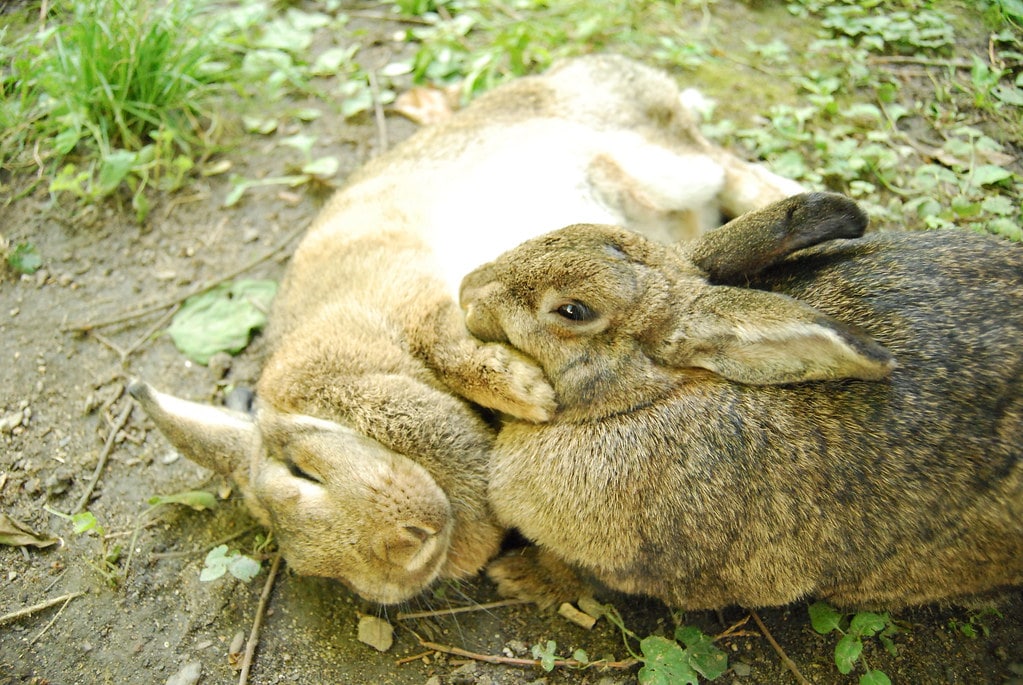
Bonded rabbits fighting? It happens. Here are some of the reasons behind it.
- Unaltered male or female rabbits reaching maturity can become territorial
- Poor health or discomfort may make one rabbit lash out
- Alternately, a healthy rabbit may want to establish dominance over a suddenly weaker one
- Introducing new rabbits into an established family can change the power balance
- Moving to a new enclosure can cause stress and upset the power balance
- Your rabbits’ enclosure is too small for two rabbits together
- Resources, like food and water, are too scarce
To name a few.
Also, the reasons your rabbits fight one another may differ by gender. Male rabbits fight one another for different reasons than female rabbits. And male and female rabbits may mix it up for other reasons altogether. More on that in a bit.
How Do You Know They’re Fighting?
Biting, chasing, and mounting can be part of fighting. But they can also be playful behaviours. So, how can you tell the difference between rabbits’ normal behavior and a real brawl?
Rabbits playing and rabbits fighting may look the same at first glance, but there are definite differences.
How Rabbits Play
These behaviours may look like fighting, but may not be.
- Lunging then retreating
- Nipping
- Bumping noses
- Humping or non-aggressive mounting
- Following (submissive rabbits often follows dominant rabbits)
There is some overlap between playful behaviours and fighting. When in doubt, look for intention and pursuit.
What a Fight Looks Like
If your pet rabbits are really fighting, it’s difficult to mistake. A true fight comes on suddenly. Also, it’s vicious. Look for:
- Attacks to the face and head
- Serious bites that break skin or rip out fur
- Aggressive and continuous mounting
- Rabbits chasing other rabbits with intention, especially in a circle
- Grunting
Whether your rabbits are bonded or in the process of it, a fight means that you may have to introduce them again and start the bonding process over from the beginning.
Rabbit Fighting FAQ
Never ignore rabbit fighting. It can turn dangerous fast. Always separate fighting rabbits carefully. Examine both rabbits for injuries, and take them to the vet if necessary.
Can Rabbits Kill Each Other?
Yes, but pet rabbits don’t typically set out to fight to the death.
A more likely outcome is that one or more of the pet rabbits will suffer injuries. And, given rabbits’ sharp teeth and claws, and their extraordinarily powerful hind legs, those injuries can be quite serious.
Female rabbits that aren’t neutered are more likely to fight with other female rabbits as well as with males. However, a fight between two males who aren’t neutered is more likely to turn deadly than other types of fights.
What Should I Do if My Rabbits are Fighting?
The first order of business is to separate them. Carefully.
The best way is, of course, without entering into the fight yourself. Making a sudden loud noise can surprise your rabbits long enough to separate them.
If you have to physically separate your rabbits, wear thick gardening gloves and long sleeves. Also use a towel for extra protection.
Once you’ve separated your rabbits, keep them separated. Assess them for injuries, and take them to the vet if necessary.
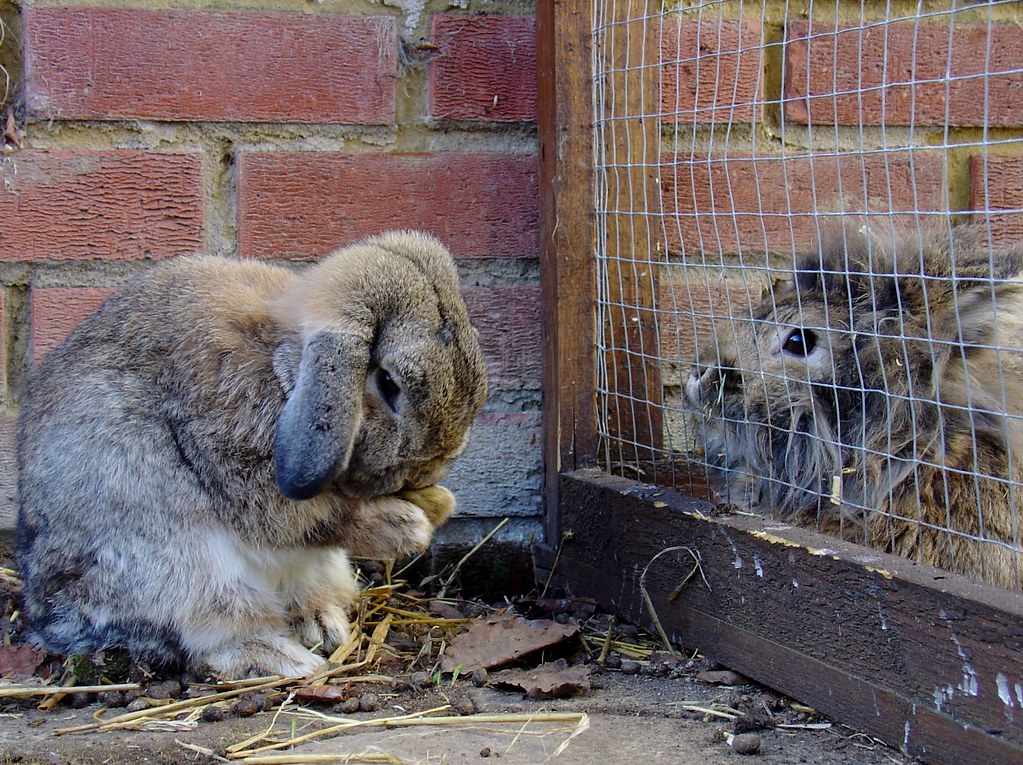
Rabbits have a long memory and remember their battles. It’s very likely that you will have to re-bond your rabbits following a dust-up.
Will rabbits stop fighting?
If your rabbits are in the middle of a fight, you need to stop it immediately. Even better if you can stop the fight before it begins.
How do you do that?
Know the Warning Signs.
A happy rabbit perks up its ears. Flat ears, especially pointing backward, indicate one annoyed bunny.
If your rabbit is holding its tail stiffly out, this, too, is a sign of anger. As a side note, flicking the tail is a sign of contempt.
Grunting, likewise, indicates an angry rabbit that may start fighting.
A cheesed-off bun may also turn its back and flick its feet in the general direction of the one rabbit who has offended it.
A rabbit that is spoiling for a fight may stand up on its hind feet and lift its front legs like a boxer.
Thumping is a signal that a rabbit feels in danger. If one of the rabbits is thumping at another rabbit, it may be a prelude to a fight.
A rabbit may also bare its teeth at another rabbit if it’s nearing the point of attack.
A rabbit that is about to attack, or which is under attack, may scream. This is a bone-chilling sound that you will not mistake for play.
Why are my female rabbits fighting?
Female rabbits may fight for a variety of reasons. One of the main reasons that female rabbits, neutered or otherwise, fight is that the challenging rabbit senses a weakness in the other rabbit, for example:
- A difference in size
- Illness
- Age
- Physical frailty
If your female rabbits are fighting, it’s important to look for the causes and take steps to mend their bond.
Why Do Rabbits Suddenly Start Fighting?

There are many reasons. Some are gender dependent, while others are common to all rabbits. Let’s have a look.
Two Males
Often, battles between males come down to hormones. Bucks reaching sexual maturity may become territorial. As a result, littermates may suddenly see one another as an invader or rival.
In the wild, bucks fight for the right to mate. With (hopefully) no does within reach, unaltered bucks may fight out of sexual frustration.
Two males might also fight for dominance. Rabbit society is hierarchical, which means that there’s a pecking order. Your rabbits may not always agree on who’s who in that order, and may fight to establish the hierarchy.
Rabbits may also fight out of boredom. It’s always a good idea, no matter what your rabbits’ genders, to have a good supply of toys and activities to keep them busy.
If food or other resources are scarce, this can cause stress, and that stress can cause a fight. So provide your rabbits with plenty of healthy food and fresh water.
Two Females
Hormones can be at the root of problems between unaltered does, as well. Although it’s less common for females to be territorial, it does happen. And when it happens, it may cause a fight.
Females will also tangle to establish dominance. This is true at the beginning of a relationship between does. Arguments may also break out seemingly out of the blue if the submissive rabbit senses a weakness in the dominant bun.
This may happen if the dominant rabbit is injured, in ill health, or aging. If the submissive doe senses she has an advantage, she may make her move.
Finally, if resources like food and water are scarce, any two rabbits will fight over it.
A Male and a Female
One main reason for discord between a doe and a buck is that the buck wants to mate, but the doe does not.
In addition to preventing unwanted pregnancies, neutering your rabbits also helps to prevent fighting. And this is true regardless of your rabbits’ genders.
Does and bucks may also fight for dominance, especially if they are different sizes.
And, like all rabbits, does and bucks may fight over food and resources if those resources are scarce.
All Rabbits
Regardless of gender, a few things will make any rabbit grumpy.
Stress is a major cause of fighting. A few things that may increase stress, causing fights to break out, include:
- Scarcity of resources
- Health issues for one or both rabbits
- An enclosure that’s too small
- Not enough exercise
- Boredom
- Introducing a new rabbit
Bonded rabbits can also break their bond.
This can happen if they’ve been separated, for example if one bunny needs to spend a few days at the vet.
It can also happen if you move house, move or change your rabbit enclosure, or upset the hierarchy by introducing new rabbits.
Again, we can’t emphasize enough how important it is to spay and neuter your rabbits. This will eliminate hormonal causes of fighting and prevent unwanted surprises.
After spaying and neutering, however, rabbits need to be apart for six weeks before you introduce them again and attempt to bond or re-bond them.
Both male and female rabbits need time to recover after surgery, for one. Also, it will take six weeks for the hormones to completely leave their systems.
How do Rabbits Say Sorry?
Rabbit body language can be mystifying. For example, when rabbits are ready to apologise, they touch their heads together. You’ll know the apology is accepted when they start to groom each other afterward.
Rabbits, as we said, have a long memory. And they can hold a grudge. It may take them a few days to apologise, and you should try to separate them in the meantime.
What Can I Do to Bring Peace?
First, know the difference between innocuous behaviours, a minor squabble, and a real fight. A real fight is:
- Vicious
- Sudden
- Unrelenting
Often you can stop a fight before it begins, by separating or distracting your rabbits at the first sign of trouble.
If a fight occurs during or shortly after the bonding process, you may need to start over from scratch. If your bonded rabbits are fighting, you may need to bond them a second time.
Bonding rabbits, or re-bonding rabbits is not always successful.
If you can’t bond a pair, or if your bonded pair falls out permanently, your rabbits may be able to coexist peacefully through a wire divider in their enclosure. This will allow each rabbit its own area. At the same time, they will be able to see and smell one another, and won’t feel lonely.
It’s possible that two rabbits may even snuggle together through the wire and enjoy each other’s company that way, even if those same two rabbits unable to live together in the same area.
Neutering removes hormonal triggers for fighting. You should neuter your rabbits and ensure that they’ve properly healed before attempting to bond them. And if fighting occurs after bonding, neutering any unaltered parties will eliminate a primary cause of fights.
Final Thoughts
Sudden fighting between your rabbits can be frightening for you and for your rabbits.
Never place rabbits together in an enclosure without first bonding them. Ensure that each rabbit has a place to get away if they need to, and provide neutral territory. Ensure that both rabbits have access to adequate food, water, shelter, and entertainment.
And if, despite your best efforts, your rabbits break their bond, be prepared to re-bond them.
Have your rabbits fallen out with one another? What did you do? We’d love to hear about it.






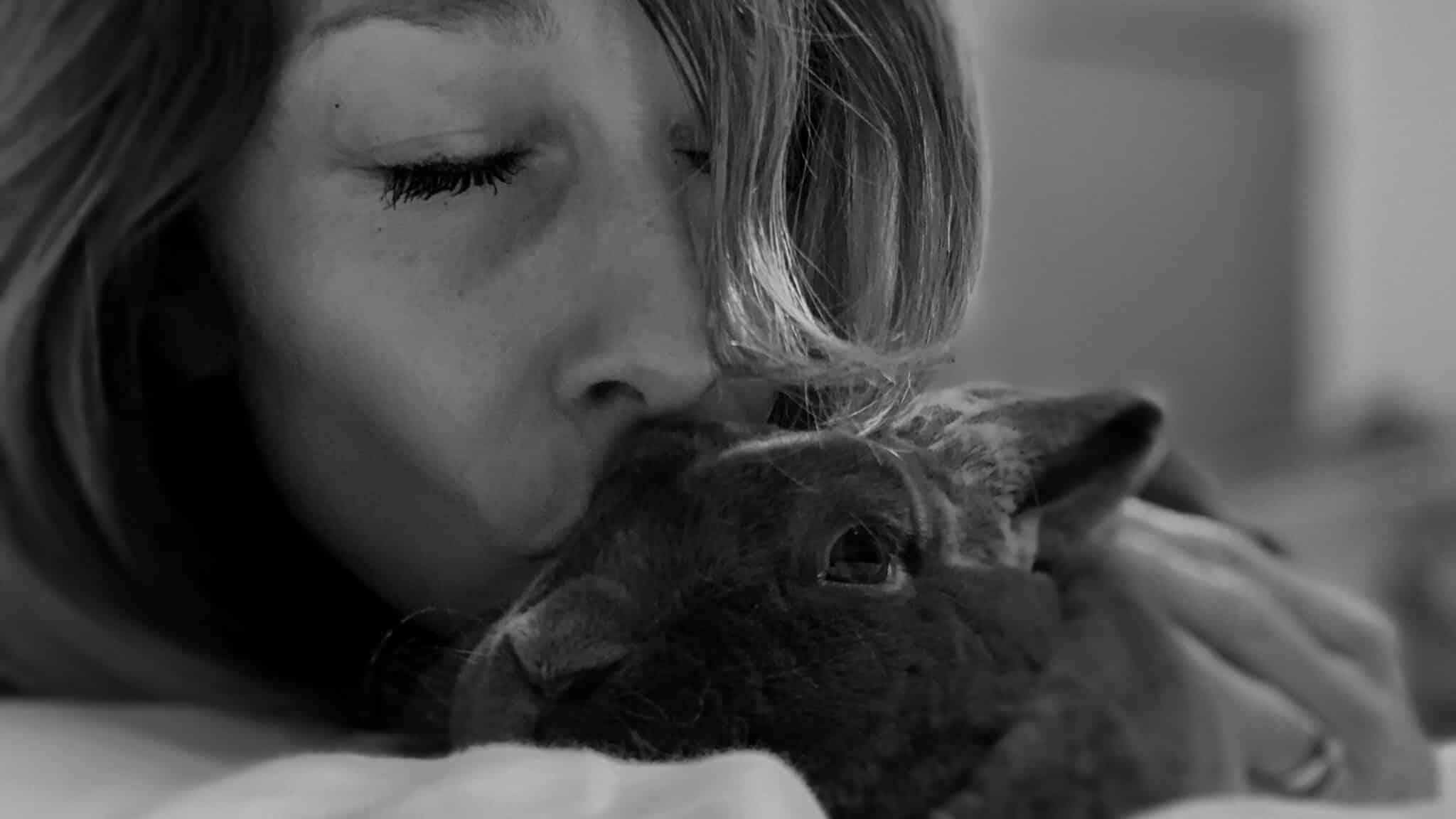

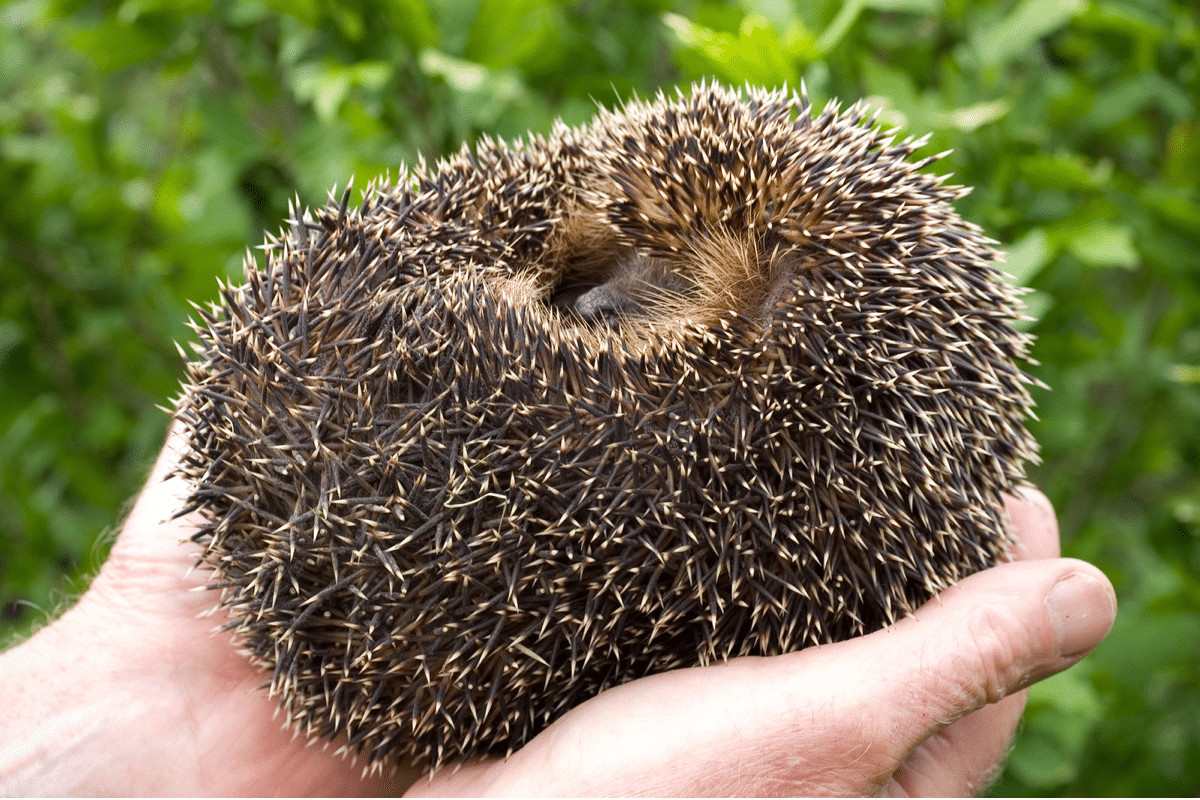
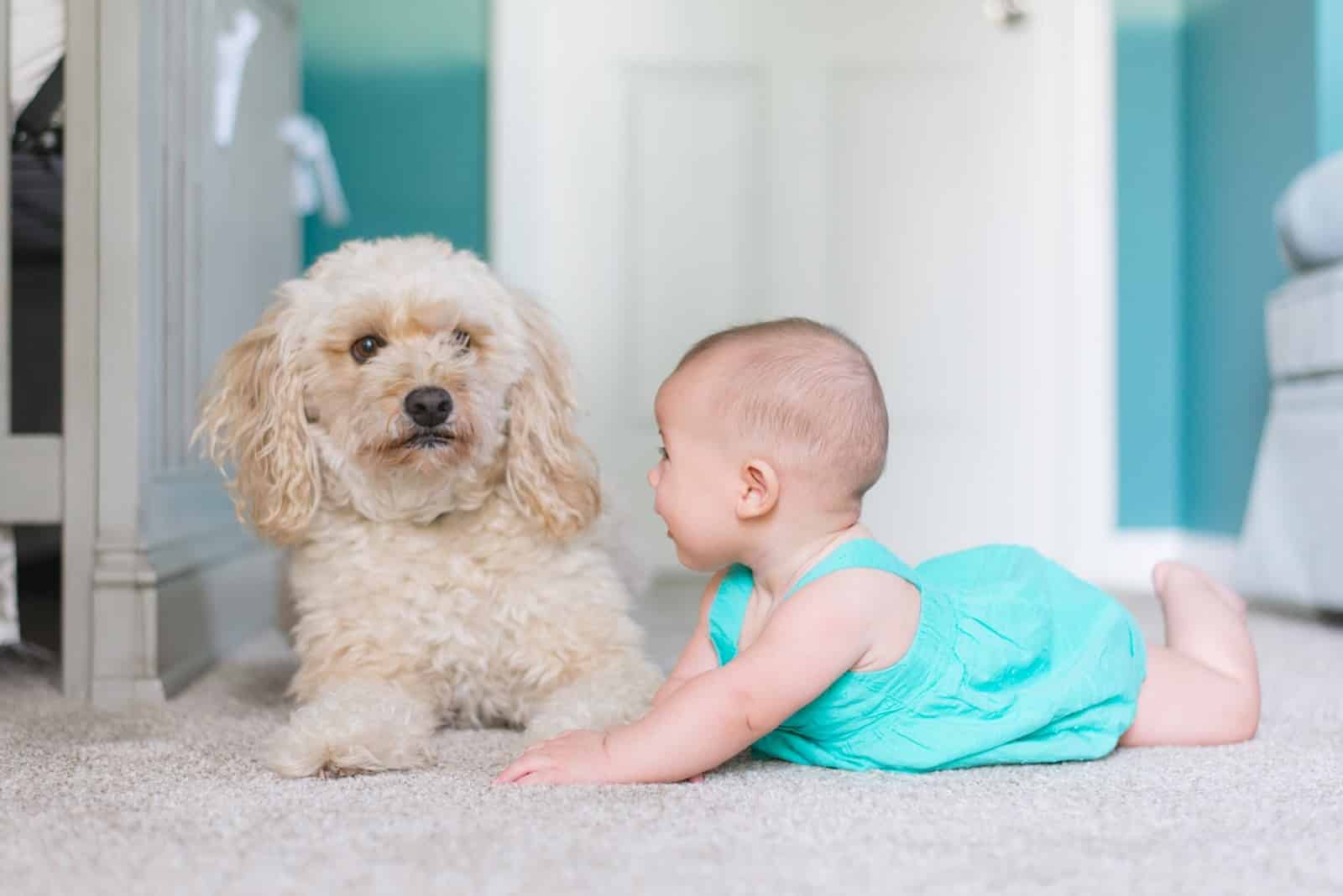

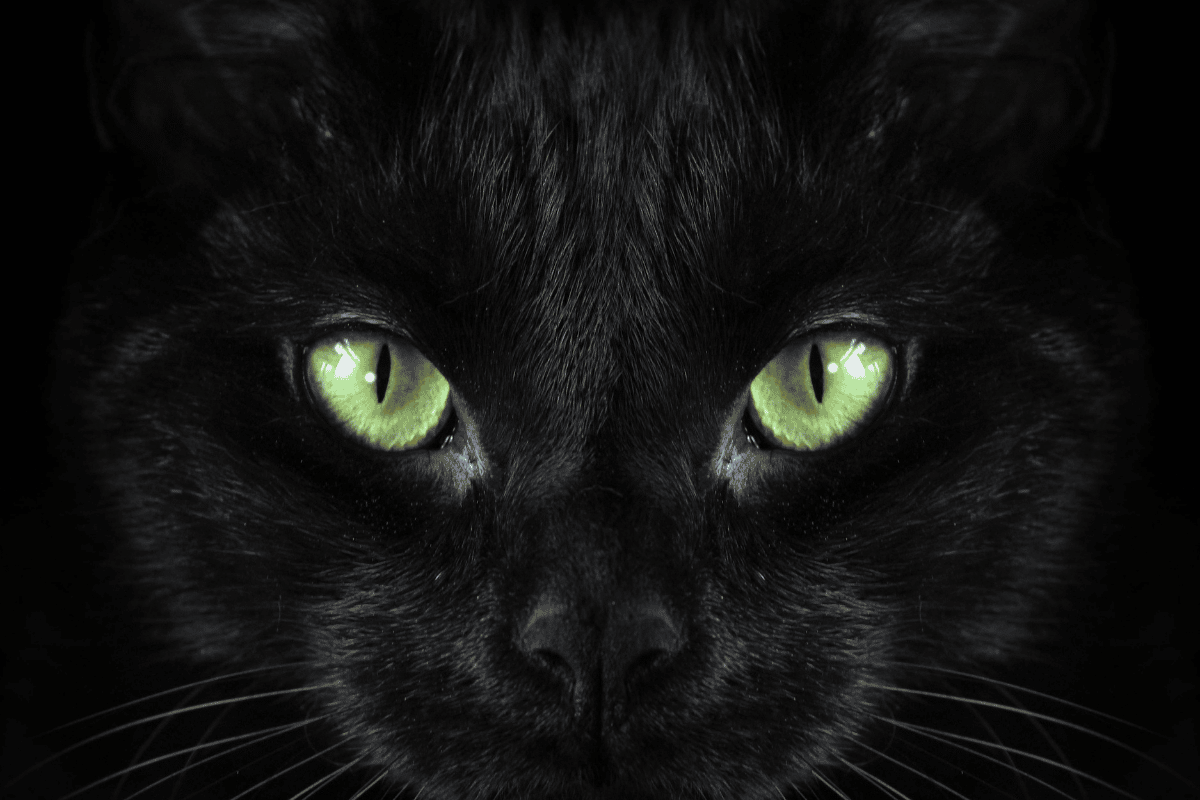



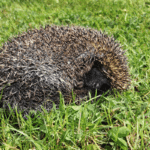


Mum and daughter been bonded for 18 months but had to have mum spayed as kit died inside her and made her ill. When we brought mum home and put her in her indoor hutch her daughter was attacking her through the cage. How can I rebond them.
We have had rabbits since April, born February. They have always been close- Honey the dominant bunny. Teddy was neutered in October as he isotherm male. After this, Honey kept mounting him and trying to mate- against Teddys wishes. We took honey to the vets and she (he) had been wrongly sexed. He was neutered two weeks ago. Now, they cannot be put together as Teddy viciously attacks her. She gives a good fight back as she is the biggest/strongest. It is breaking the children’s hearts and we don’t know a way forward. Any advice appreciated. They are currently in indoor cages that are alongside each other.
I rescued 2 rabbits that have been left in a bird cage for 3 months. A neighbor of mine kept them under his porch. It broke my heart seeing them in a small cage throughout fall and now winter. I found out my neighbor intended to kill them and eat them. It was bad enough watching them suffer throughout the rain and very cold weather. 🥶 I couldn’t take it anymore. I went down late at night and took the rabbits in. You I just stole them. I know its wrong but I’m a bug animal lover. I did a lot of research to do my best to take care of them. I have them in a area that’s is 12 x 3 feet. Everything was going good. I brought food, vegetables, chewing wood and hay for them. Provided a hid a way. A place for them to use a bunny litter box. Then out of no where they started fighting and ripping out each other’s fur. I separated them for a few hours. I had them out again and they had another fight. I thought about it. When I first brought them home I did notice a little loud on the bottom of the cage. I was trying to figure out why. I guess they have been fighting for a while. It’s only been 3 days I have them. I intend to take them to a vet as soon as I can afford it for a checked for their sex and to have them I neutered. I’ve learned a lot about rabbits and how some can fight and rebound again. Is there any other advice you can give me please. I just want them to be happy.
im glad you rescued them I hope they are doing well
Hey.. I have a female and make rabbit. Both neutered. She is very clearly the dominant one but they bonded after a few weeks were ok until today.. I brought s new litter tray as the old ones were worn and she is protecting it. She is chasing my male and grunts at him. They are free-roam usually. I put her in an enclosure now for the night to avoid fights but I’m worried now. Throughout the day they did lay together and groom each other but then she started on him again.. help!
Stephanie. My bunnies are in the exact same situation. Did you finally resolve their issues? If so, how?
Hi – we have two 8-9 week old lop-eared bunnies, one male, one female. They came as bonded siblings and are generally happy & playful, grooming each other snd cuddling up to rest. They live as house bunnies (getting vaccinated as soon as they’re old enough so will be able to use a secure outside run, supervised). The girl is generally more confident, exploring around the room (under our supervision) and they both have access from their indoor double-decker hutch to a playpen with plenty of hopping space and ‘toys’, cardboard tubes and a box. However boy bunny has started to rub his chin on objects (assume marking territory) and to mount the girl at regular intervals; she hops away but he is quite persistent and we’ve been clapping/whistling or separating/distracting them as she appears not to be enjoying this type of attention. Yesterday we came into the room to find bunny fur in a few places, both bunnies hiding behind some furniture, cuddled up but each looking traumatized. On closer inspection the girl had puncture marks in one ear and the boy a scratch under his eye.
We separated them for a while until they’d calmed down and they were fine after that, now being watched closely, but we’re worried they had been fighting and will do it again. We don’t want them to hurt each other, nor to lose their sibling bond by being separated for too long. They seem to have been ok overnight together but we’re concerned to take our eyes off them. At 9 weeks they’re a little young to be neutered although it’s definitely on the calendar.
Any tips/thoughts?
Today was my last effort to bond my two spayed females. It was a vicious fight and I’m sure I’ll have vet expenses. Also I got bit on the leg while trying to separate them. We’ll just have assigned days to be out of the cage.
I have 2 males, who have been peacefully together for the last 3 years. They have only been separated occasionally when getting the hormones going. And then only for about 6 to eight hours. After that they went right back to being buddies. Until 1 week ago Pip my kinda lop suddenly went after the other and was nipping him. I’ve separated them and they can see each other through child gate, but as soon as they get together pips at it, he also bites and pulls at the gate. It hurts to see them like this the other bun doesn’t seem to know what’s up either. There is no vet where I live that sees rabbits. The boys have always had free run of the house . I just can’t seem to get Pip over this help ?
My 2 female neutered rabbits just started fighting. After some research I took them to an unfamiliar and inhibiting place, (The bath) where the theory goes they should snuggle for comfort. I then took them to my spare room to extend the process. They’re now back in the living room and so far all is well.
I have two rabbits both females, they are sisters and have been together since birth. They have had the odd fight, nothing more than a bit fur pulling, but this week things have escalated and one had bit the other on the face several times.
It took her to the vet and the vet says she’s okay, but i needed to separate them, which I have done, in another hutch, but the one that has been doing the fighting is looking very upset and has herself pinned to the wire. This is the first time they have been apart. Will they be okay?
Hi ,I have bought 4 bunys ,from same person ,I build a big gage for them and let them stay togheder Evrething was fine till 1 female give birth ,and I take her inside the house whit the babies .After 3 weeks I try to put her back and the ader female chase her all day and is ripping her fur to the blood .I separated them but all the time when I try to put her back is happening again any help or advise pls.TX
I have two bunnies that used to be besties and always snuggled together and the older one practically treated her like her own child. with then the older one had babys so we had to separate them so she could take care of them. but when we Brough the bunny together again they were fighting really hard there was fur everywhere. so we had to separate them. They hey were so kind to one another that I wanna fix their bond and not separate them forever